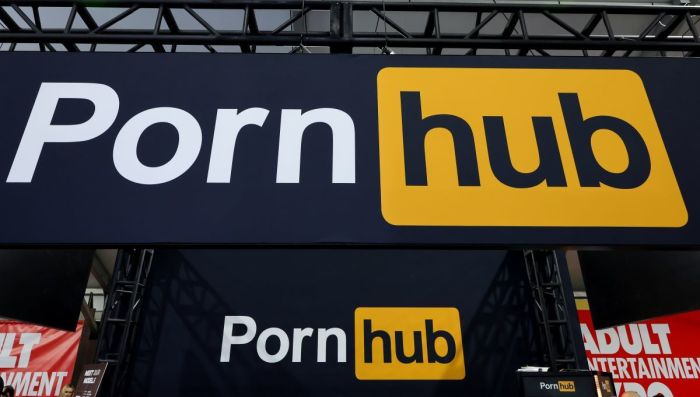
The Federal Trade Commission and Utah authorities have ordered the owner of Pornhub to pay a $5 million penalty for hosting content on the website that includes child abuse and other nonconsensual behavior.
A stipulated order for permanent injunction was filed last week in the U.S. District Court for the District of Utah, requiring Pornhub’s parent company Aylo (formerly known as MindGeek) and its affiliated companies to implement and enforce better policies regarding illicit content on the website.
Pornhub has been ordered, among other things, to suspend all content featuring child sex abuse material and nonconsensual material, implement “comprehensive procedures” to stop the publication and dissemination of such materials, have its prevention efforts periodically reviewed by a third party, receive an annual certification on prevention, and improve its privacy security.
Additionally, Aylo is required to pay $5 million to Utah. The judgment included an additional $10 million payment to the Utah Division of Consumer Protection; however, this amount was suspended under the condition that the defendants comply with the order’s provisions.
“Pornhub’s operators turned a blind eye to the proliferation of videos depicting the sexual abuse of children on its sites so it could profit off this exploitation,” said Christopher Mufarrige, director of the FTC’s Bureau of Consumer Protection, in a statement released last week.
“Under the order we’re announcing today, Pornhub’s operators will be required to take concrete steps to block this harmful content and ensure that those who appear in videos on their sites are consenting adults.”
The fine comes as Aylo has faced lawsuits claiming that the company has made no attempts to verify the identities of underage victims featured in content on its websites, which include videos showing rape and sexual exploitation. In December, a federal court denied that the company was immune from liability under Section 230 of the Communications Decency Act of 1996, which shields online platforms from lawsuits based on user-generated content.
Aylo admitted in federal court in 2023 that it had profited from sex trafficking and agreed to a three-year monitoring period as part of a deferred prosecution agreement with the U.S. Justice Department.
The National Center on Sexual Exploitation, an advocacy group that has been critical of Pornhub, issued a statement celebrating the news of the order, calling it “a victory for all of us.”
“This FTC action represents more than just accountability for one company,” stated NCOSE. “It sends a powerful message to the entire pornography industry that exploitation will not be tolerated, and it validates the experiences of every survivor who has been told their story doesn’t matter.”
“Most importantly, this victory proves that when we stand together, we can take on billion-dollar industries that profit from exploitation, and win.”
In May, for example, the European Union announced that it was launching an investigation into Pornhub and three other pornographic websites over alleged failures to prevent children from accessing their content.
A preliminary investigation from the EU had already found evidence that the four sites had failed to enact “a high level of privacy, safety and security for minors, in particular with age verification tools to safeguard minors from adult content.”
For its part, Aylo Freesites claimed in a statement shared by The Guardian that they were aware of the EU investigation and were “fully committed” to the safety of children.
“We will always comply with the law,” stated Aylo. “We believe that the real solution for protecting minors and adults alike is to verify users’ ages at the point of access — the users’ devices — and for websites to deny or permit access to age-restricted materials based on that verification.”

















